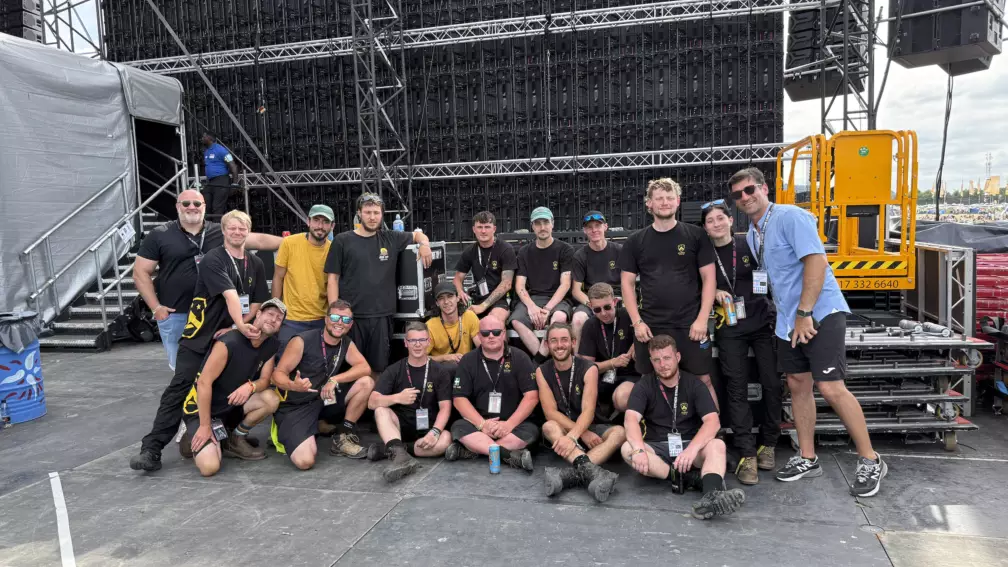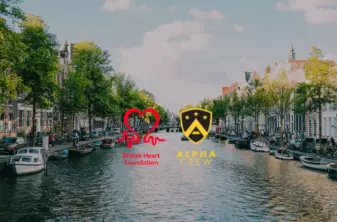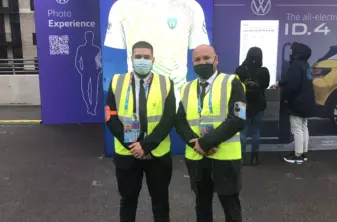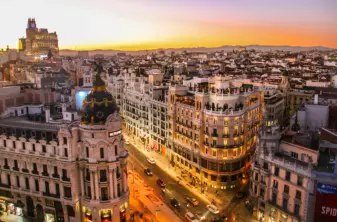The Evolution of Festivals: How Crew Roles have Changed Over the Years

Like all areas of the events industry, festivals have evolved rapidly, shaped by advancements in technology, improved practices, and the impact of the COVID pandemic. In their early days, they were more loosely organised, had fewer rules and regulations, limited capacity, and were less equipped to handle changing situations. Today, festivals are safer, more sophisticated, and better prepared to deliver enjoyable experiences for everyone involved. This growth has also reshaped the roles of crew working behind the scenes, who have adapted and upskilled to meet new standards and expectations.
Minimal Crew and Simple Setups
Popular festivals of the 60s to the 90s - like Woodstock, the Isle of Wight Festival, and Monterey Pop - featured basic stages and minimal infrastructure. Crew tasks were relatively straightforward: building simple stages, setting up simple or minimal lighting, and overall managing small-scale logistics. Roles were more limited and the crew structure was far less formal than what we see today.
In contrast, modern festivals often require separate, dedicated teams for each phase of production - from set-up and lighting to stage build and takedown. Hybrid events, such as (arguably) Glastonbury, now would involve entire crews dedicated to broadcast and livestream management, reflecting how much demands - and roles - have expanded.
The Rise of Full-Scale Builds
Typically festivals of the past were shorter in length, and only had one or few focal stages. Today, they often span a week or more. For example, the Cannes Lions International Festival of Creativity takes place over 7 days, and Coachella music festival has two full separate weekend events. These modern festivals also cover much larger sites, with multiple stages, exhibitions, and branded activations.
This scale has driven a significant increase in demand for rigging, power distribution, fencing, sanitation, and other core infrastructure. To manage these expanded requirements, new specialist roles have become more essential - including site managers, plant and machinery operators, and logistics coordinators. These crew members play a vital role in delivering large-scale, high-functioning festival environments.
The Tech Boom
Incredible advancements in sound, lighting, AV, and special effects have played a major role in raising the standards of modern festivals - and in expanding the range of crew roles required behind the scenes. This shift has led to the emergence of highly specialised technical teams. Roles such as lighting designers, LED technicians, network and data specialists, and broadcast crews have become essential across the festival circuit.
New technologies like drones, live streaming, and digital ticketing now require expert handling, and have helped make festivals both safer and more efficient. These innovations support everything from crowd management to entry and exit processes - areas that are often more of a logistical challenge.
Sustainability is Key
To protect the planet and contribute to reducing the negative effects our industry can have on the environment, festivals today have to embrace green initiatives. Eco zones, plastic-free pledges, and composting toilets are now common features - a sharp contrast to earlier festivals, where sustainability was rarely a priority.
This shift has led to the introduction of new, specialised crew roles focused on environmental responsibility. Sustainability officers, carbon monitors, and dedicated waste and recycling teams now play a key part in ensuring festivals are run as sustainably as possible.
24/7 Operations and Crew Wellbeing
Modern festivals now operate on a near 24/7 basis, with continuous site activity taking place before, during, and after the event. To manage this, rotating crew schedules have become standard - helping to reduce fatigue and ensure compliance with working time regulations, which have evolved significantly over the years.
Alongside this, there’s been a growing focus on crew wellbeing. More festivals are introducing dedicated crew support roles, providing access to mental health resources, and creating designated rest and recovery areas to help crews stay safe, healthy, and supported on site.
Staying on Trend
As festivals have evolved, so too have the experiences they offer - bringing with them a new wave of specialist crew roles to support emerging trends.
Silent discos rely on wireless audio systems, which require on-site tech crews for set up, maintenance, and troubleshooting.
Immersive zones and art installations are often designed and built by scenic artists and creatives, supported by scenic builders and overseen by prop managers to ensure safety and spectacle.
VIP and accessible areas are now a standard part of many festivals. With a greater focus on inclusivity, many events employ accessibility coordinators to support guests with additional needs, alongside premium hospitality teams managing elevated experiences for VIP attendees.
These evolving features reflect how modern festivals are becoming more inclusive, creative, and technically advanced - and how crew teams have grown more diverse to meet those demands.
What’s Next?
In the future, we anticipate AI and automation support roles becoming increasingly popular in festival production. There will be an even greater demand for hybrid-skilled crew: who are experts in more than one field, such as tech and safety, or plant ops and sustainability knowledge.
No matter what era - the crews who produce these events are vital to the evolving festival experience. Their adaptability, resilience and growing skill sets are truly something to be celebrated. If you’re looking for a crew who evolve with the industry, get in touch.


